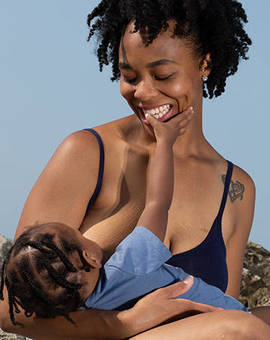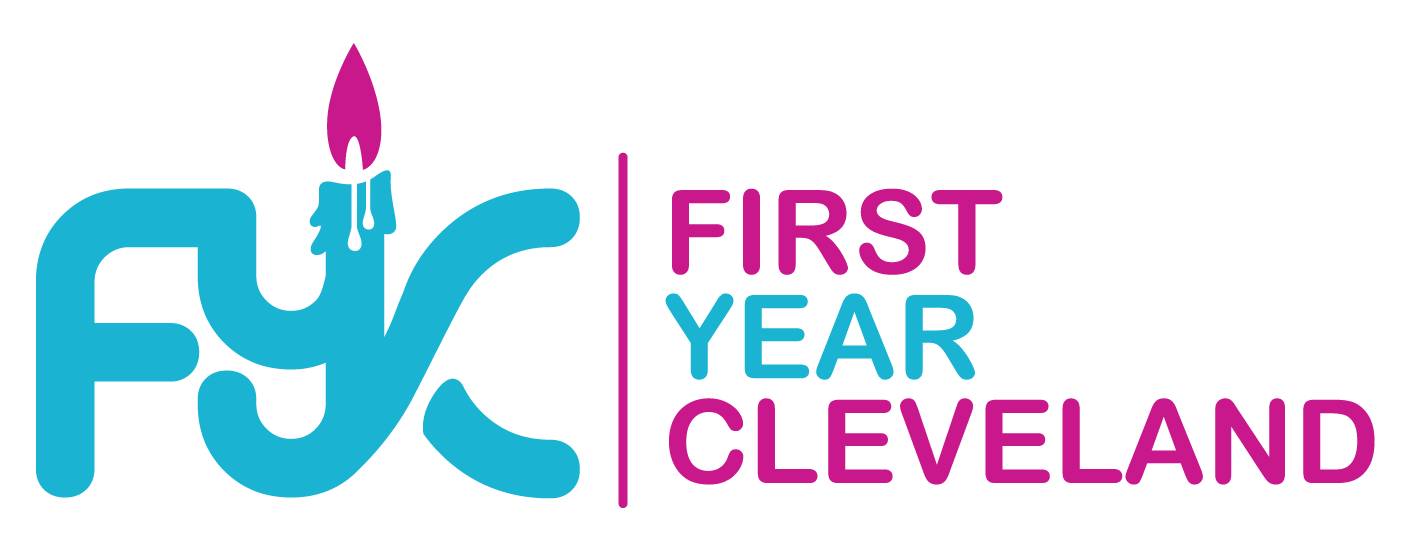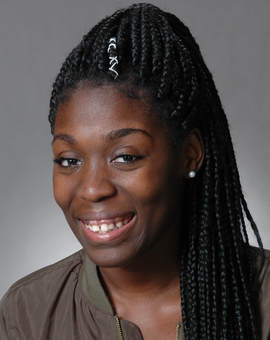
Marshaie W.
When I was pregnant, I was looking into the benefits of breastfeeding, researching the benefits of breastfeeding for baby and the benefits of breastfeeding for mom. And I thought, OK we’re going to do this thing!
In the beginning, it was tough. Luckily, friends warned me it might be a challenge or uncomfortable at first, but not to give up. So, I knew it wasn’t unusual.
We did run into some complications. He had a bad latch and he wasn’t getting enough milk at first, so I had to see a lactation consultant once a week for the first month to get the latching down and get my milk producing right. But after that, I knew exactly what I needed to do. I had to keep up with the pumping, I had to take care of myself, drinking water and eating right, and make sure I got enough sleep. So, my complications were more of the typical ones that can come with it.
The whole time, the ladies in my support group were there and said, “You got this! You can do it.” My original goal for breastfeeding was a year and now it’s been eighteen months.
I would say honestly at least give it a try. That’s the first step. It’s a level of commitment but it’s so beneficial that it’s worth it. And there are plenty of resources out there, like CenteringPregnancy groups where there’s support behind it. Give it a chance. And if you love it, you love it, and if not, just remember it’s still beneficial for mom and for baby, even if it’s for a shorter time.
The bonding of it is absolutely phenomenal. My son and I have such an amazing relationship and that bonding time is really beneficial. I feel like it’s helped him a lot. It’s also helped me a lot because breastfeeding releases the “happy hormones” when we’re there in that moment. It’s like nothing else matters when he’s happy and smiling, and maybe just looking at me, putting his fingers in my mouth, like everything is all OK.
Our breastfeeding group came about because we had a group of friends that were all pregnant at the same time. Two of us were roommates in college. We just started our group to keep in touch and to do this thing together, like “you’re my support.”
We’ve been bonded since then and it’s been an amazing support. We get to vent to each other, and we get to encourage each other. It’s relatable, it’s supportive, and I love it.
Other people try to be helpful but sometimes their comments come from a lack of education in the sense that some people don’t really know what the benefits of breastfeeding are and why I’m doing it. And honestly, they get discouraging at points. In those times, yes, I sometimes felt like giving up. Sometimes I was discouraged or stressed.
A myth I heard a lot from people was that when babies get teeth, they’re automatically just going to bite. That’s not true because of the way they latch on. It’s actually not even really possible for them to bite unless they move their tongue out of the way. I also heard that he was too big, or too old. But if your body is producing milk, you can breastfeed, if your baby wants to.
The whole time, the ladies in my support group were there and said, “You got this! You can do it.” My original goal for breastfeeding was a year and now it’s been eighteen months.
He’s never had anything more than a common cold. Never had an ear infection. Nothing respiratory.
He likes it. I like it. We’re good!
Even if you pump, breast milk is breast milk. Whether the baby is getting breast milk straight from mom or off the bottle — I encourage it either way. I think that honestly is a reason why there are lower rates for black moms breastfeeding, because it’s not encouraged. We don’t have the education that comes with it. People are throwing formula at us. It’s like, OK, is formula just like the natural option? Don’t breastfeed? It can sound like formula is an equal option because it’s common. I think people have good intentions, but they just don’t have the correct information all the time.
Now when I hear misinformation or odd comments, I just think, “That’s fine. This is my child. I know there are tons of positives for breastfeeding and I’ve seen them myself.” And I try to help other black moms try breastfeeding and encourage them.
My suggestions would be for every mom who can to give it a chance. There are plenty of resources and support groups out there who want you to succeed!


